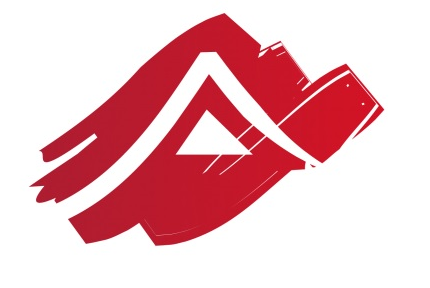Nowadays, in an age of digital technologies, the business environment stands in a state of continuous change what enforces the leaders to update the rules how they organize, elaborate, and manage the 21st-century workforce. Discover a synthesis of main HR trends based on a survey realized by Deloitte in 2017.
The Organization of the future.
As organizations become more digital, they face a growing imperative to redesign themselves to move faster, adapt more quickly, facilitate rapid learning, and embrace the dynamic career demands of their people. A key point of this part can be divided into two parts. Firstly, it’s recommended to reform the existing organization’s structure within a company taking as a principle a continuous work in teams for various projects, so that will help employees to develop the network of interactions and improve the decision-making process in general.
Second point is to provide sustainable support by the way of including various communication solutions such as Workplace, Basecamp, Asana, Trello, and others, and standardize them into the core organization’s HRM infrastructure. Such a practice will help employees to measure their skills across the enterprise, what consequently will help to improve overall accountability and transparency.
Career and Learning.
In the past, employees learned to gain skills for a career; now, the career itself is a “journey of learning”. Nowadays, notion of “career” has completely changed its meaning so it’s not going only “up or out”, but in “every direction” and learning organization are paying attention on this trend and embrace continuous learning process by including new HR technology tools in existing learning management system.
Talent Acquisition.
In the open talent economy, technology allows talent to move more freely than before—from role to role, within and outside the enterprise, and across organizational and geographic boundaries”. Then, Recruiters need to accelerate digital cognitive technologies in the process of hiring employees. These are, for instance various apps specialized in digital recruitment (predictive, conversational, affinity, cooptation…), predictive analysis or integration of algorithms. Leveraging new technologies in the recruitment process will help to measure candidate’s experience more efficiently and, what is even more important, it can help talents move more freely between organizations so that means there will be nonstop exchange of knowledge and experience.
Indeed, implementation of cognitive technologies should be combined with psychological & emotional connections between people within organization environment, to enhance company’s talent strategy.
The Employment Experience
A productive, positive Employee Experience has emerged as the new contract between employer and employee. Employee experience remains a centrally important HR trend, impacted by many factors such as leadership strategy in previous enterprise, organization structure and teamwork, career mobility, learning, diversity, employment brand etc., therefore it is important for a company to enrich employee experience by adding such values as design thinking and focusing on employees’ feedback using various technological solutions.
Leadership disrupted
Leadership today is less about the “art” of leadership and more about the challenges leaders are facing. The concept of “leadership development” has met sustainable changes due to the fact that main organization becomes more digital-focused and team-oriented. It’s recommended rethinking the existing leadership model and adopting it to a new organization’s environment which has to include such values as innovation, growth, inclusion, teamwork leadership, and collaboration.
People Analytics
Analytics is now becoming a business function focused on using data to understand every part of a business operation, and embedding analytics into real-time apps and the way we work. Deloitte highlights that the concept of people analytics has changed due to digitalization process, therefore now it becomes more multidisciplinary and needs to include not only technicians and statisticians, but all employees within the organization too so they can measure the quality of data in HR and provide feedback as well.
Diversity and Inclusion
Diversity and inclusion now impact brand, corporate purpose, and performance. Why diversity and inclusion become so important? Deloitte answers this question in the way that nowadays diversity and inclusion become measured as compliance, meaning that it becomes a part of corporate infrastructure and overall business responsibility, including all top executives within an organization.
The future of the work
Which aspects of work do you replace with automated machines? Do you want to “augment” workers with machines that make work easier and more scalable? Due to technological shift, these questions become more and more important for the companies around the world. And HR Managers have a strategic role in defining, planning and managing the workforce transformation. Therefore, HR should provide clear difference between essential human skills, such as creative and ethical thinking which have a direct influence on the work of human segments within organization and nonessential tasks, which can be managed by machines.
Conclusion
In conclusion, company leaders should plan and manage the workforce transformation wisely and support the positive internal environment within the company, so then company will be able to succeed in the accomplishment of its goals and objectives.
Pierre MAURIN Senior Partner ALHAMBRA International


